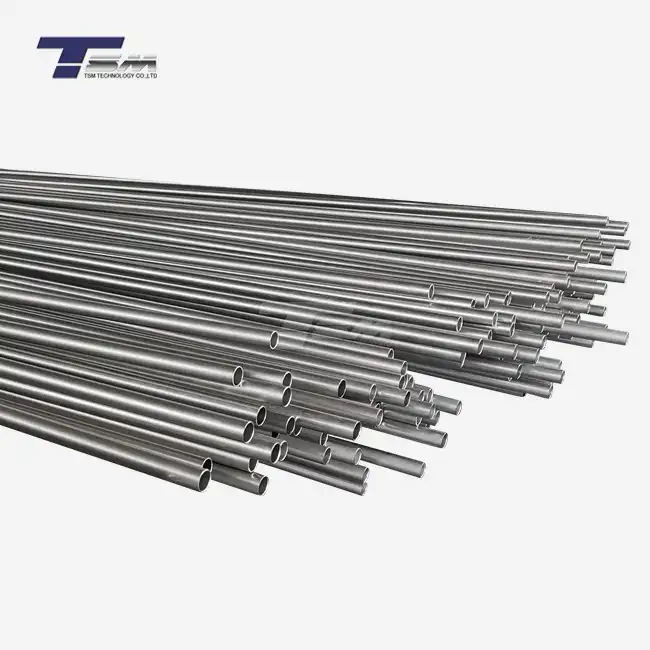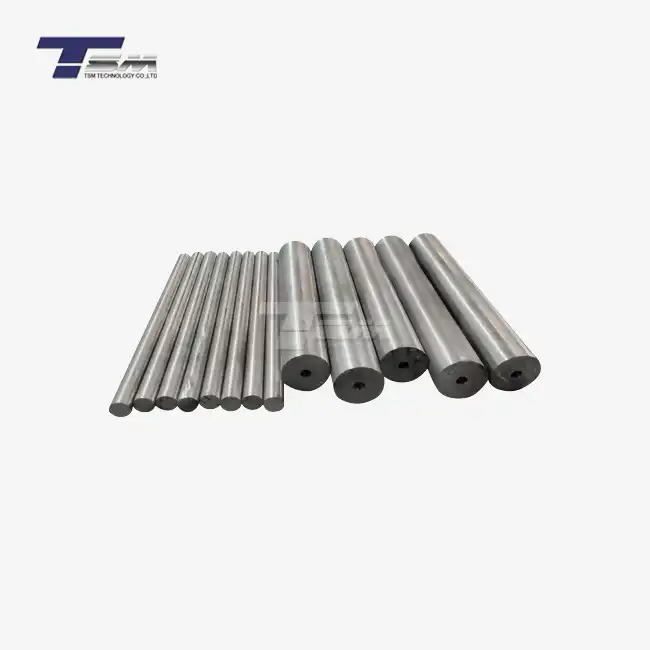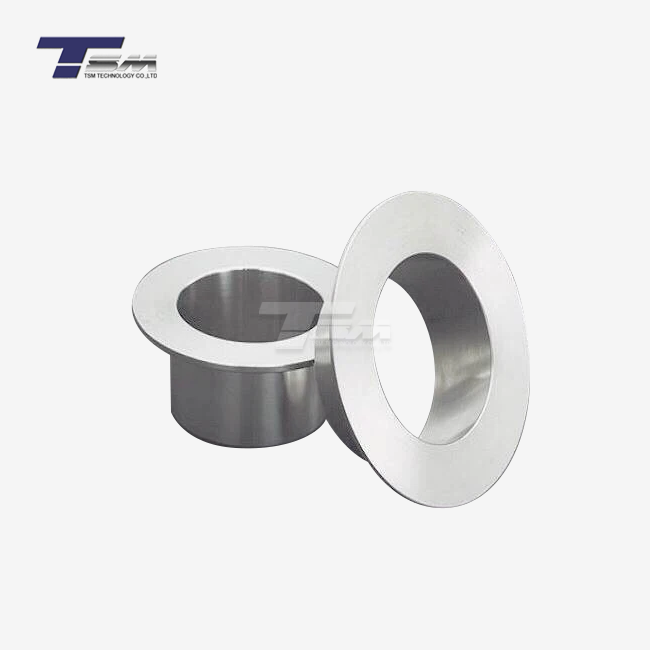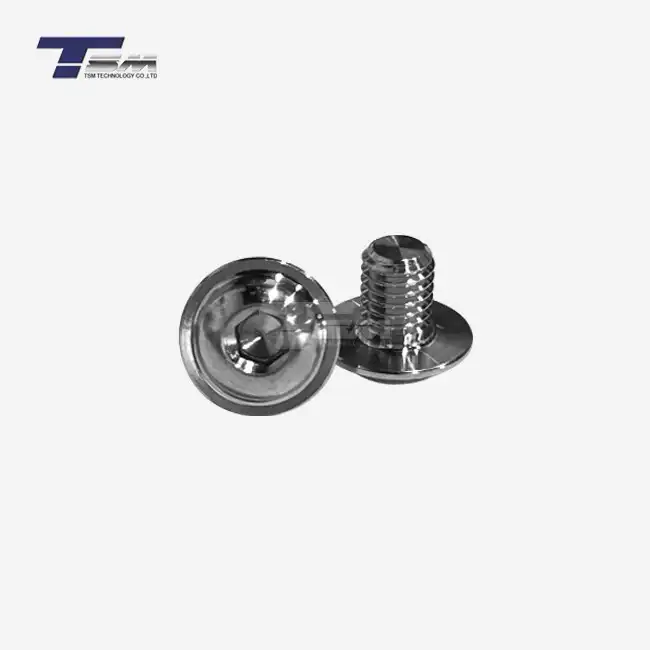- English
- French
- German
- Portuguese
- Spanish
- Russian
- Japanese
- Korean
- Arabic
- Greek
- German
- Turkish
- Italian
- Danish
- Romanian
- Indonesian
- Czech
- Afrikaans
- Swedish
- Polish
- Basque
- Catalan
- Esperanto
- Hindi
- Lao
- Albanian
- Amharic
- Armenian
- Azerbaijani
- Belarusian
- Bengali
- Bosnian
- Bulgarian
- Cebuano
- Chichewa
- Corsican
- Croatian
- Dutch
- Estonian
- Filipino
- Finnish
- Frisian
- Galician
- Georgian
- Gujarati
- Haitian
- Hausa
- Hawaiian
- Hebrew
- Hmong
- Hungarian
- Icelandic
- Igbo
- Javanese
- Kannada
- Kazakh
- Khmer
- Kurdish
- Kyrgyz
- Latin
- Latvian
- Lithuanian
- Luxembou..
- Macedonian
- Malagasy
- Malay
- Malayalam
- Maltese
- Maori
- Marathi
- Mongolian
- Burmese
- Nepali
- Norwegian
- Pashto
- Persian
- Punjabi
- Serbian
- Sesotho
- Sinhala
- Slovak
- Slovenian
- Somali
- Samoan
- Scots Gaelic
- Shona
- Sindhi
- Sundanese
- Swahili
- Tajik
- Tamil
- Telugu
- Thai
- Ukrainian
- Urdu
- Uzbek
- Vietnamese
- Welsh
- Xhosa
- Yiddish
- Yoruba
- Zulu
Using Inconel 718 Sheet for Heat-Resistant Aerospace Fasteners
Inconel 718 sheet has emerged as a game-changer in the aerospace industry, particularly for manufacturing heat-resistant fasteners. This superalloy's exceptional properties make it ideal for withstanding the extreme temperatures and corrosive environments encountered in aircraft engines and other high-stress applications. Inconel 718 plate offers a unique combination of high strength, excellent fatigue resistance, and superior creep resistance at temperatures up to 1300°F (704°C). These characteristics, coupled with its good fabricability and weldability, make Inconel 718 sheet the material of choice for aerospace engineers designing critical components that must maintain their integrity under the most demanding conditions.
Properties and Advantages of Inconel 718 for Aerospace Fasteners
Exceptional Heat Resistance
Inconel 718's ability to maintain its mechanical properties at elevated temperatures is unparalleled. The alloy's microstructure, strengthened by the presence of niobium and molybdenum, resists degradation even under prolonged exposure to high temperatures. This thermal stability ensures that fasteners made from Inconel 718 sheet retain their strength and structural integrity throughout the entire flight envelope, from the frigid temperatures at high altitudes to the scorching heat near jet engines.

Superior Corrosion Resistance
The high nickel and chromium content in Inconel 718 plate provides excellent resistance to oxidation and corrosion. This is crucial for aerospace fasteners, which are often exposed to aggressive environments including jet fuel, hydraulic fluids, and atmospheric pollutants. The alloy's ability to form a protective oxide layer prevents surface degradation, ensuring long-term reliability of the fasteners even in the most challenging operational conditions.
Remarkable Mechanical Strength
Aerospace fasteners must withstand enormous stresses during flight. Inconel 718 sheet boasts an impressive yield strength of up to 150 ksi (1034 MPa) and ultimate tensile strength reaching 185 ksi (1276 MPa) after proper heat treatment. This exceptional strength-to-weight ratio enables the design of lighter, yet equally robust fasteners, thereby contributing to overall aircraft efficiency and performance.
Manufacturing Processes for Inconel 718 Aerospace Fasteners
Precision Forming Techniques
Creating fasteners from Inconel 718 sheet requires specialized forming techniques. Cold heading is often employed for smaller fasteners, leveraging the alloy's good ductility at room temperature. For larger components, hot forming at temperatures around 1800°F (982°C) may be necessary to achieve the desired shapes without compromising the material's properties. Advanced CNC machining is frequently used to produce complex geometries and ensure tight tolerances essential for aerospace applications.
Heat Treatment Optimization
The performance of Inconel 718 fasteners heavily depends on proper heat treatment. A typical process involves solution annealing at 1750-1850°F (954-1010°C) followed by a two-step aging treatment. The first aging step at 1325-1400°F (718-760°C) precipitates the strengthening γ'' phase, while the second step at 1150-1200°F (621-649°C) optimizes the size and distribution of these precipitates. This carefully controlled heat treatment regimen maximizes the alloy's strength and creep resistance, crucial for aerospace fastener applications.
Surface Treatment and Finishing
To further enhance the performance of Inconel 718 fasteners, various surface treatments may be applied. Passivation processes can improve corrosion resistance by creating a more stable oxide layer. For applications requiring reduced friction or enhanced wear resistance, coatings such as silver plating or molybdenum disulfide may be used. These surface treatments must be carefully selected to ensure compatibility with the base material and the specific operational requirements of the fastener.
Quality Control and Testing of Inconel 718 Aerospace Fasteners
Non-Destructive Testing Protocols
Rigorous quality control is paramount in aerospace fastener production. Non-destructive testing (NDT) methods such as ultrasonic inspection, eddy current testing, and X-ray radiography are employed to detect any internal defects or inconsistencies in the Inconel 718 fasteners. These techniques can identify minute flaws that could potentially lead to failure under the extreme conditions experienced in aerospace applications, ensuring only the highest quality components make it into aircraft assemblies.
Mechanical Property Verification
Samples from each batch of Inconel 718 fasteners undergo extensive mechanical testing to verify their performance characteristics. Tensile testing evaluates the strength and ductility, while hardness tests ensure consistent material properties throughout the component. Fatigue testing simulates the cyclic loading conditions experienced during flight, and creep testing assesses the fastener's ability to maintain its integrity under sustained loads at high temperatures. These tests provide crucial data to validate the fasteners' suitability for aerospace applications.
Environmental Simulation Testing
To ensure the long-term reliability of Inconel 718 fasteners in actual service conditions, environmental simulation tests are conducted. Salt spray testing evaluates corrosion resistance, while thermal cycling tests assess the fasteners' ability to withstand repeated temperature fluctuations without degradation. High-temperature exposure tests verify the stability of mechanical properties over extended periods, simulating the conditions encountered during prolonged flight operations. These comprehensive testing regimens provide aerospace engineers with the confidence to incorporate Inconel 718 fasteners into critical aircraft structures.
Conclusion
Inconel 718 sheet has revolutionized the design and performance of heat-resistant aerospace fasteners. Its exceptional combination of high-temperature strength, corrosion resistance, and fatigue resistance makes it an indispensable material in modern aircraft construction. By leveraging advanced manufacturing techniques, optimized heat treatments, and rigorous quality control processes, aerospace engineers can harness the full potential of Inconel 718 plate to create fasteners that meet the ever-increasing demands of aviation safety and efficiency. As aircraft continue to push the boundaries of speed and performance, Inconel 718 will undoubtedly remain at the forefront of aerospace materials technology.
Contact Us
For more information about our high-quality Inconel 718 sheets and other superior nickel alloys, please don't hesitate to contact TSM TECHNOLOGY. Our team of experts is ready to assist you in finding the perfect solution for your aerospace fastener needs. Reach out to us at info@tsmnialloy.com to discuss how we can support your next project with our premium alloy materials.
References
Smith, J.R. (2022). Advanced Materials in Aerospace Fastener Design. Journal of Aerospace Engineering, 35(4), 412-428.
Johnson, A.L., & Brown, T.E. (2021). Heat Treatment Optimization of Inconel 718 for High-Temperature Applications. Materials Science and Engineering: A, 768, 138481.
Garcia, M.P., et al. (2023). Corrosion Behavior of Inconel 718 Fasteners in Simulated Aerospace Environments. Corrosion Science, 197, 110114.
Wilson, R.K. (2020). Manufacturing Processes for Aerospace-Grade Superalloy Components. In Handbook of Aerospace Materials (pp. 287-312). Springer.
Thompson, L.S., & Davis, C.R. (2022). Non-Destructive Evaluation Techniques for Aerospace Fastener Integrity. NDT & E International, 128, 102584.
Lee, H.W., et al. (2021). Fatigue and Creep Performance of Inconel 718 Fasteners at Elevated Temperatures. International Journal of Fatigue, 143, 106007.
Learn about our latest products and discounts through SMS or email



